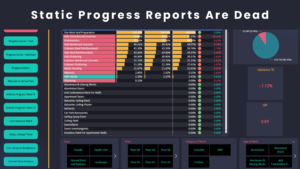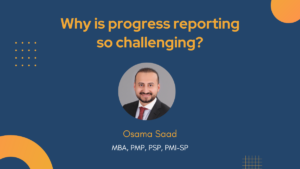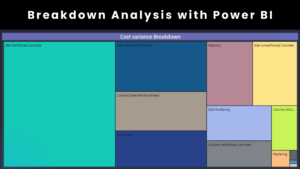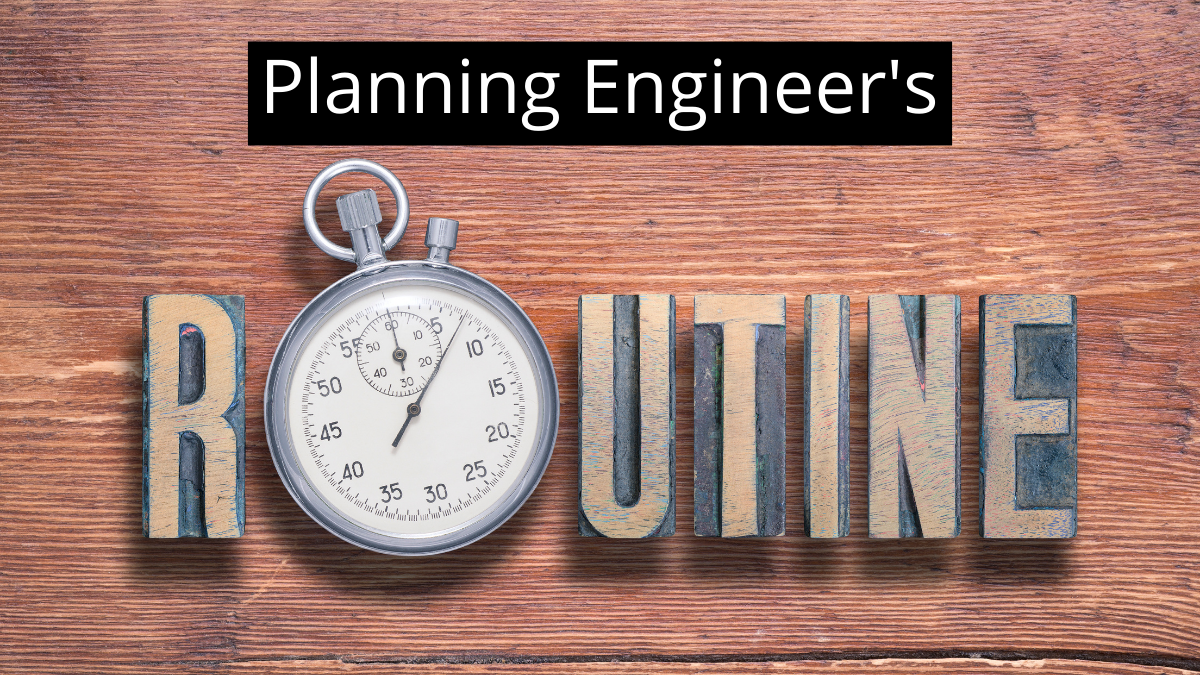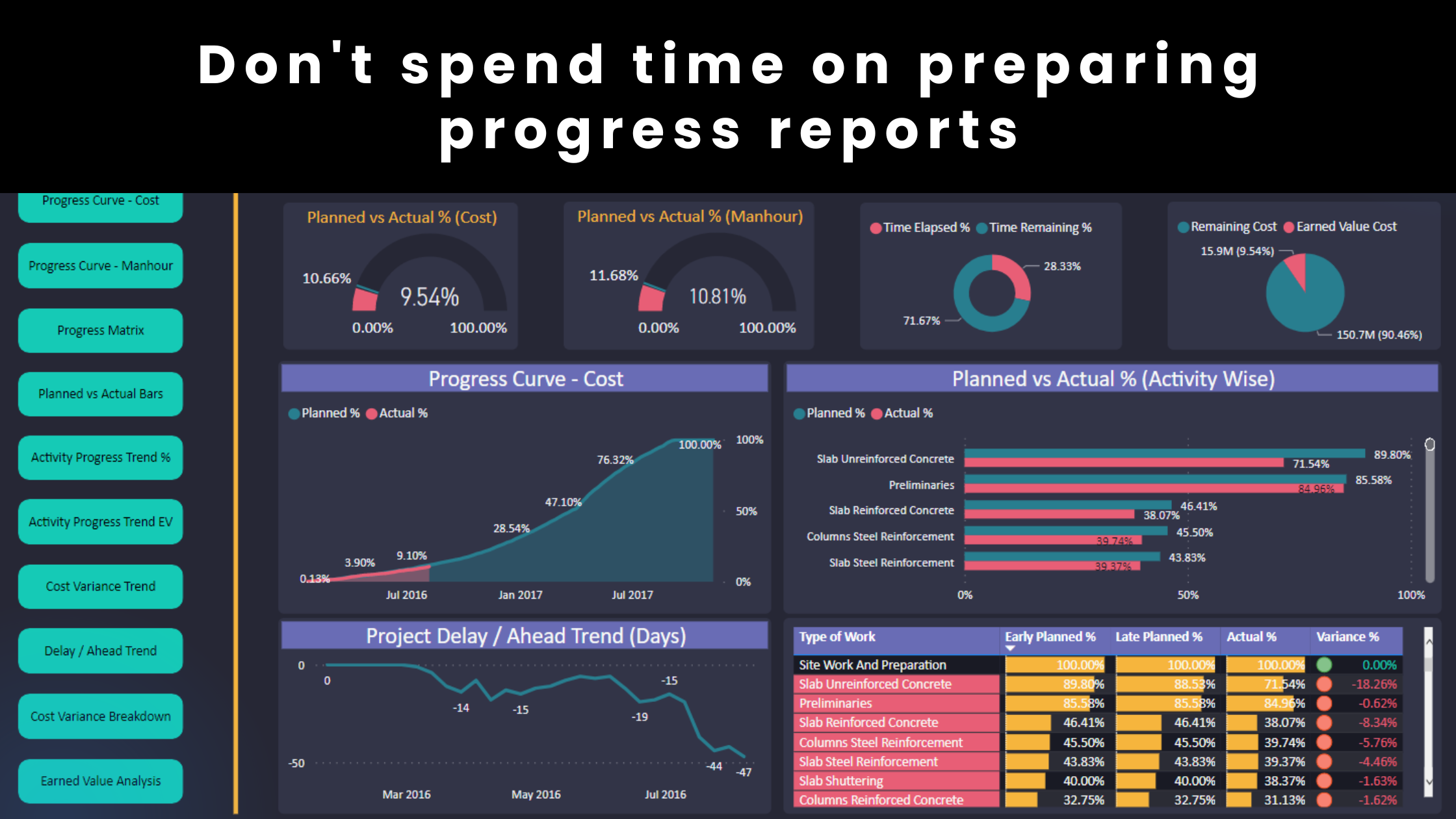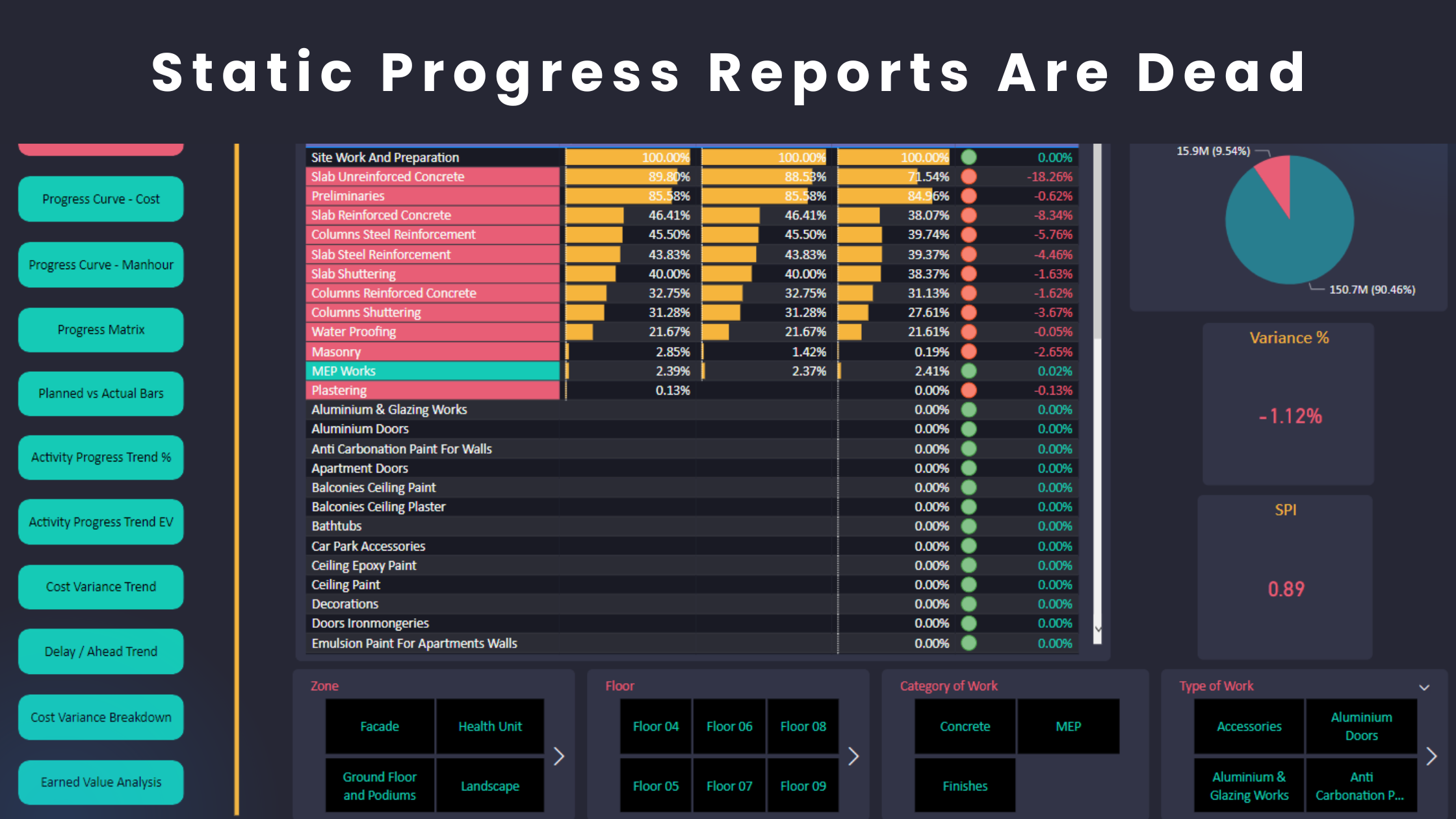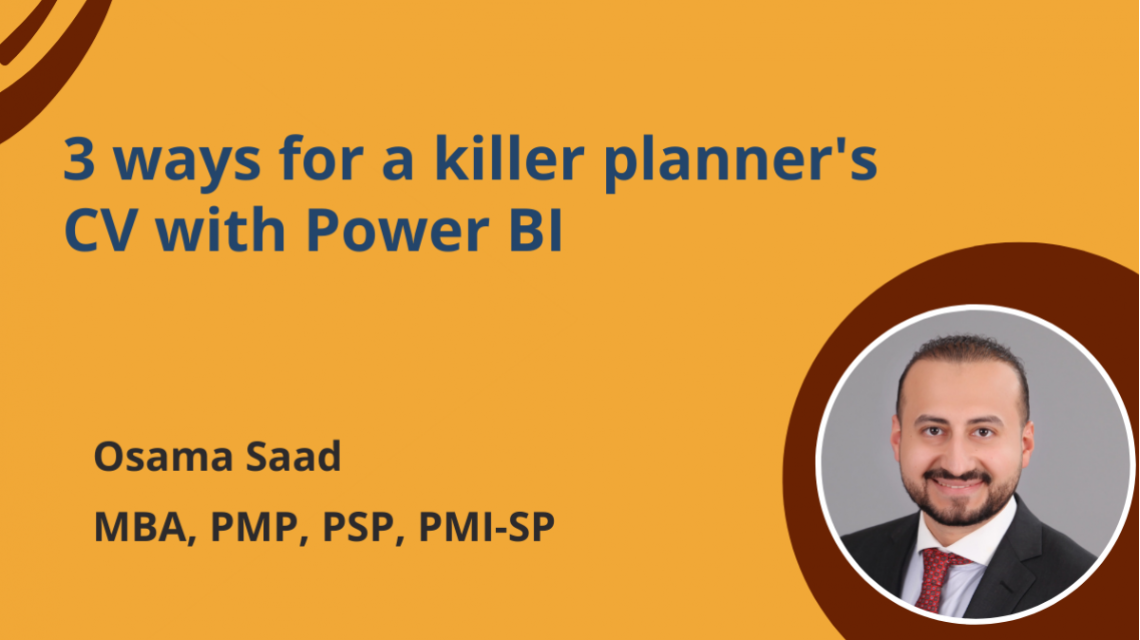I believe that many planning engineers have a misconception about what it takes to excel in their careers. Remember, you can’t learn everything and you will always have knowledge gaps in some areas. The problem is that planning engineers put too much emphasis on the wrong priorities. This article will demonstrate how you can get the best career opportunities in today’s competitive market.
It is not about what you are good at
Planning Engineers often seek to master Primavera P6, thinking that this is the best way to improve their careers. Nothing is wrong with mastering P6 but it should not be your ultimate focus. P6 training is now easily accessible to everyone. As a result, it is hard to have a competitive advantage in the P6 domain as more planning engineers become proficient in using the software. On the other hand, a proficient P6 user had better career opportunities 10 years ago. There are many knowledge areas in which planning engineers compete. This includes P6, advanced excel, Power BI, delay analysis and core project control knowledge. Some planning engineers are perceived by the market as “qualified” and are hired by top companies worldwide. However, they still get their progress reports barely completed on time. Moreover, they don’t know how to automate tasks, complete reports on autopilot or analyze any area with a click of a button. However, this is the best that the global pool of candidates can offer and therefore, they can get the best jobs and benefits. This will bring us to the conclusion that it is not about what you are good at. It is about what you are RELATIVELY good at compared to others.
Beat the competition
What does it mean to you? Well, you shouldn’t try to compete in the popular and easy-to-have skills (e.g. P6). You need to be different to stand out from the competition. For example, you can use Power BI to complete progress reports in seconds and analyze any area in the project with a click of a button. Show that in your CV and during interviews. Moreover, you can present a highly interactive dashboard in a progress meeting which will impress all stakeholders and make it hard to replace you. Furthermore, you can have outstanding knowledge in delay analysis and claims. Always try to find ways to differentiate yourself and master skills that very few planning engineers currently have.
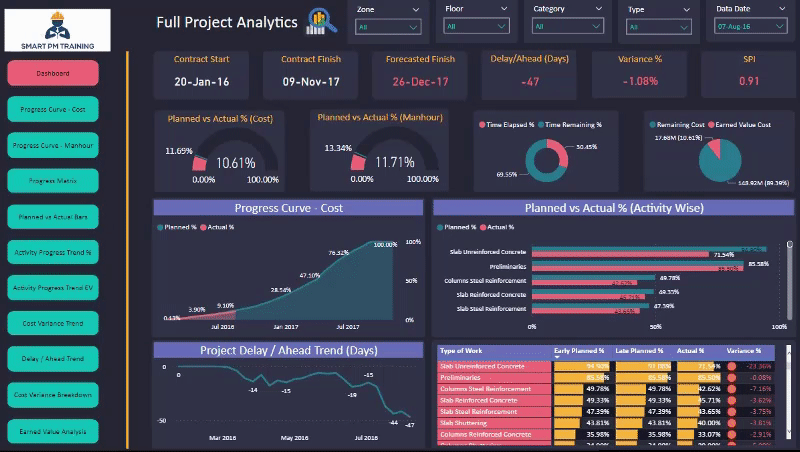
Humility
Planning Engineers should have an honest discussion with themselves. As human beings, it is very hard to acknowledge that we are incompetent or lack skills. Our subconscious always tells us that we are all right or the situation is not that bad. You are a hero. As a result, you always feel that you deserve the best opportunities, employer, salary, recognition, environment or location. However, before we jump to conclusions, ask yourself the following questions:
1- When was the last time you read a book written by an expert?
2- Are you confident about your advanced excel skills?
3- Are you really good at delay analysis?
4- Can you use Power BI effectively?
5- How are your PowerPoint and presentation skills?
6- Did you develop a strong mindset around project control?
7- Can you prepare comprehensive progress reports as per best practices?
8- In general, do you provide high value to your team? Do you help projects move forward? Are you up to the expectations of everyone around you?
9- Are you satisfied with your command level of English?
10- Do you certify your knowledge? Are you PSP or PMI-SP certified?
When I ask planning engineers these questions, the answers are often shocking. Be honest with yourself because humility and self-awareness are keys to success. Is it fair to expect the best of everything when you don’t do your best On the other hand, if you work on yourself and provide value to humanity and the marketplace, the universe will find a way to reward you. Feel free to blame the market or the economy but playing the victim’s role doesn’t help anyone. I have been there myself and it never worked. Yes, the market is currently tough but it doesn’t matter who you are during the recession but whom you become after the recession is over. I am still putting in the work every day.
Stay motivated. It is a long game. Trust the process.
Conclusion
You will never be perfect in all project control areas. It is ok to have some knowledge gaps in Primavera but you master other tools that account for your weaknesses and help you stand out from the competition.
Regards,
Osama Saad, MBA, PMP, PSP, PMI-SP
Learn More!

